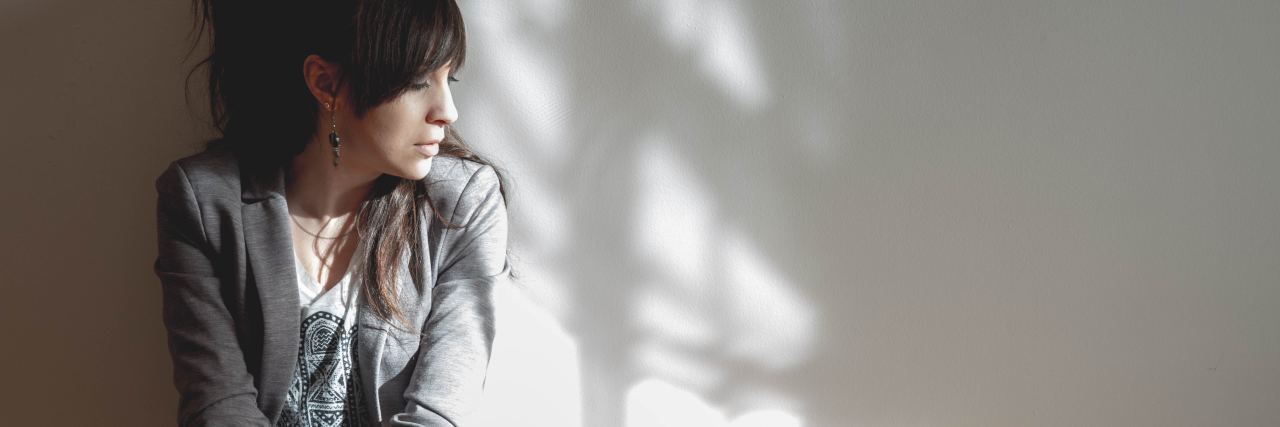The Problem With Saying ‘Suicide Is About Ending the Pain, Not Wanting to Die’
Editor's Note
If you experience suicidal thoughts, the following post could be potentially triggering. You can contact the Crisis Text Line by texting “START” to 741741.
Lately, there has been a movement in the mental health community that is meant to help people, in general, understand what being suicidal is like. Phrases like, “Suicide is about ending the pain, not wanting to die,” have been circulating around on social media, meant to help people who have never been through the same circumstances understand what someone who considers or attempts suicide is feeling.
Well, I’ve experienced suicidal thoughts most of my life, and sometimes they have even led me to attempts. What I can say about this is that, indeed, most of the time I just wanted to end all the seemingly endless pain. In these times, I did not give it that much thought; I basically just followed the urges that were consuming me. Sometimes, I even thought the pain would kill me anyway, and I really didn’t know how to take it anymore. Sometimes, I wasn’t even in such a dark moment but the urges were too strong to hold back. There didn’t need to be a reason, and I didn’t think much about it. This has led me to spontaneous attempts without much regard for the possible consequences.
However, there was a time in my life when suicide was not just about ending the pain, or anything else I felt. I started to be able to imagine what nonexistence was like. I could see way too many reasons to die, and sometimes none to keep fighting. I’ve even noticed losing some of my “survival instinct.” For example, there were times I almost got hit by a car (because the person driving was distracted because I didn’t look before crossing, and so on…) and my body just didn’t respond anymore. The simple reflex of automatically taking a step back was lost. I honestly wouldn’t even startle anymore.
By this time, I tried to hold onto the hope that the future would be different. Then, there was a moment where that just seemed impossible. I’ve felt like I’ve been trying so many ways for things to change, and although the circumstances did seem to change, I still couldn’t see my place in the world. The way I saw it, I was just making it harder on everyone around me and myself. There was no purpose, and, like I said before, by this time death was not unimaginable to me. It didn’t even scare me anymore.
Flash-forward, I’ve been asked if I didn’t think about how people around me would feel if I died back then. I did, and I’m not gonna lie — I did think some of the people closest to me would be hurt. But I also thought even they would be better off without me in the long-term. I didn’t just think about this in a general way; I thought how every single person in my life would be better off without me, one by one. I don’t think people usually realize how these “simple” questions can be dangerous; implying you’re being selfish in a situation where you still think your very own existence is what’s harming other people can only drive you back to deciding to end it.
But where I’m trying to get with this is that the idea that people never really want to die can be invalidating in these situations. Even though I’m doing a lot better now and I’ve started to see why life is worth it, it’s still hurtful to see that even people claiming to be advocating for mental health have trouble conceiving this might happen. It makes you feel even more lonely and misunderstood. Even most mental health professionals have trouble understanding someone might actually want to die so much that if you say this, they just assume you’re lying and/or malingering. Maybe we could all avoid spreading these ideas and make it more suitable for everyone, like by saying “many times, suicide is about ending the pain, not wanting to die.” Because these two little words (or some others like them) can make the difference between someone who is already extremely suicidal feeling left out of the suicide conversation or not. I believe we can all make that little extra effort when it implies a lot less suffering for some, or even fewer lives lost to suicide.
Photo by Marc-Olivier Paquin on Unsplash

